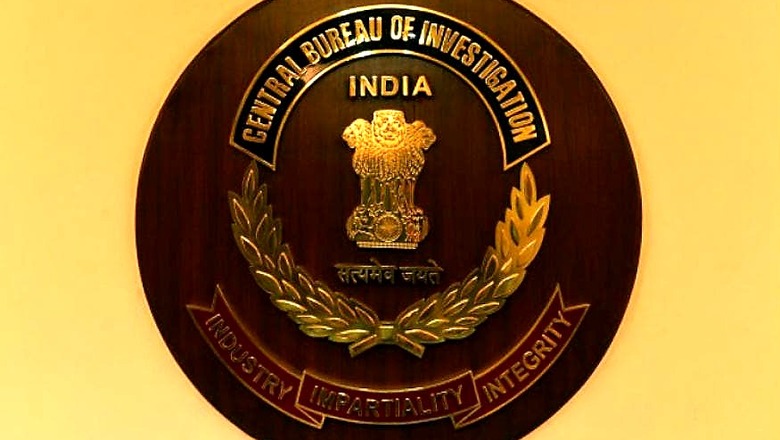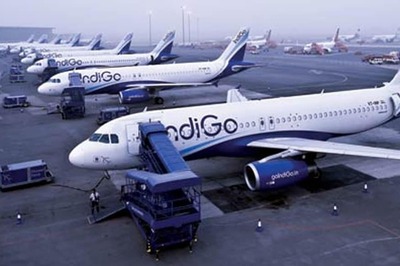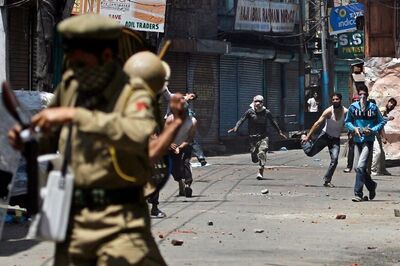
views
New Delhi: The CBI has booked a senior public relations officer of Northeast Frontier Railways for allegedly cheating the organisation to the tune of Rs 100 crore by sanctioning payments for fake bills of tender advertisements in papers not in circulation, officials said Friday.
Senior Public Relations Officer Dilip Chandra Bora, office superintendents Haradhan Dey and Babul Chandra Medhi, Chief Publicity Inspector MMY Alam, Accounts Assistant Hitesh Deka and Senior
Cashier Prabir Das Purakayastha has been booked by the CBI in the case, they said.
It is alleged that during the period (2014-2018), the officers entered into a criminal conspiracy to cheat NF Railways by preparing and disbursing huge amounts against fake bills relating to advertisement of approved Notice Inviting Tenders (NIT) in various newspapers.
A total of 5,842 bills worth Rs 157.40 crore were submitted and cleared by these officials during the period, the agency said.
The officers allegedly abused their position and caused a loss of over Rs 100 crore, a portion of which was pocketed by them, it said.
"The suspect public servants reportedly falsely created records as if they had given NIT advertisements in the newspapers, which in fact, are not in circulation at all. They have fraudulently generated and passed more than one bill for the same advertisement," an official said.
The CBI alleged that a sum of Rs 4 crore was sufficient for giving a tender advertisement for the organisation, but the officers spent 10 times more by adopting unfair means.
Senior PRO Dilip Chandra Bora had discretionary power to approve the list of newspapers in which advertisements were to be issued, but he approved those papers without any wide circulation and
allowed use of big font sizes, thereby, increasing column space and amount spent, the agency alleged.
The railways had the standard practice of issuing space of 60 square cm for such advertisements, but they sanctioned bills for newspaper spaces which were 1.5 to 10 times more, it alleged.
The agency also noted that repeated payments were made for single NIT to some newspapers which were out of circulation or had a very limited readership, they said.




















Comments
0 comment